Featured ACMP Member Virginia Feldman
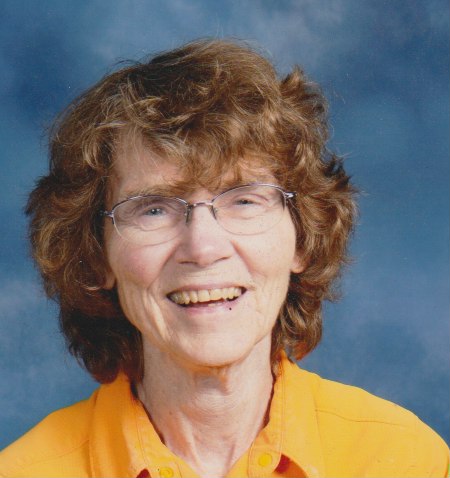
Pianist/violinist and singer Virginia Feldman is a Play-In Organizer par excellence, and ACMP’s North American Outreach Council (NAOC) representative in Portland, Oregon. Get to know Ginny through this interview with NAOC Acting Chair, Celeste Chau. (And if you live in or near Portland, sign up for her Play-In on November 26!
Celeste Chau: Ginny, can you tell us a bit about yourself, and your career and musical background?
Virginia Feldman: I trained at Sherwood Music College, which was a college that took high school students in Chicago. My violin teacher was a Chicago Symphony guy. So basically it was all concertos and orchestral pieces, and I took piano with the guy who was the accompanist for the Lyric Opera, so there was a lot of opera stuff. I never saw any chamber music – zero, zippo – my whole career. During my senior year in high school, I was in six different orchestras. All of them were classical, classical…I was a church organist back in the days when the big churches…you didn’t play anything modern… just Bach and stuff. So I didn’t see any chamber music. I had no idea it existed. Needless to say, if I was in six different orchestras, I was pretty deep, pretty compulsive about practicing.
And then I went to college and I was pre-med, which means you gun for grades. And you have no life. But I did some music. I played in the Gilbert and Sullivan Society. I played the violin. You didn’t have a piano in the dorm room. So it was pretty much the violin. I learned that music can be fun, and funny! That was what I did for eight years, throughout my undergraduate and medical school. And then I became an intern in pediatrics, and then a resident in pediatrics, with zero time for music. Then I got married – all of which was lovely – and started having kids of my own. I did almost no music during that time.
So I pretty much didn’t play for 15 years, while having and raising kids. I was chatting with this gal in music and she asked what music I do besides singing. Well – I had been principal violinist for youth orchestras in Chicago and was a pretty decent violinist. She said she was having this big chamber music festival in a couple of weeks and she really needed another violinist. I told her I’d never done chamber music. She said, “Just come! I’m sure that you can do it.”
I did go off to that chamber music festival and I fell in love with it!
I stopped playing concertos and playing in orchestras, and it has only been chamber music ever since. I said to myself: Why would I want to play in a group of 20 people playing the same part in an orchestra, watching someone wave the baton? That’s how I came to be a chamber player.
In the meantime, I had a career in pediatrics. As the Chief of Pediatrics, I was also an administrator. I had all those headaches and admire those who want to keep them up, but I was very happy to pass the baton to the next person when I retired. And then I got involved in and loved international medicine. I spent a lot of time in developing nations. And my career post-retirement has been pretty much political. Wishing I had been a lawyer – seeing what our country needs now.
CC: How did you hear about ACMP, and how long have you been a member?
VF: The way I came into ACMP was that Martha Pressler, who had been on the board for a while, had been organizing play-ins and she said, “ Virginia, it’s a great organization. Join up!” That’s how I found out about ACMP and I have been a member for about 15 years. Martha moved away from Portland, so I took over running play-ins for the past 10 years.
CC: Are there any pieces of chamber music that who have played, which have special significance to you as a musician?
VF: The slow movement of Beethoven’s Opus 132, “Thanks to God for healing.” For me, it’s the most moving piece of music for healing. For all the people in ACMP who might not be in my political space – on November 10, 2016, I just couldn’t survive! I am very fortunate to have a pedal organ – an original pedal organ from the 1890s. I was able to go down and work out my frustrations on the pedal organ. I was able to work out a rendition of this string quartet movement for organ. I probably played it 10 hours a day. And then I was church organist that week and the subsequent week, so I played it for my church, whose community was also grieving. So that is still my go-to piece of music when things look bleak.
CC: What do you enjoy most about ACMP and why should people join?
VF: There are so many things I like about ACMP – it’s hard to know where to start! One of my big finds was a gal in Portland who was looking for a singer, but had to settle for a violinist, because I was not the quality of singer she was looking for. So you can go online, as you know, and find out what level of player someone is, what nights they are available, and what type of music they like playing. The directory’s got everything – and the person’s geographic location. So she was able to email and call me, and say, “Ginny, let’s get together! I love to play the piano, and I like to play with singers.” And I said, “Maybe you’d like me on the violin. I am not an A+ singer – you didn’t read the fine print!” So we got together for the next year and a half of her life, and we made wonderful music together. It was only a duet, but it was wonderful.
So – there is that ability to connect with people. You can find a quartet, or if it happens to be a sextet, whatever. ACMP provides that wonderful meetup function.
Then there are play-ins. Through ACMP, I was able to advertise that I was having a play-in. That was really great when I didn’t have enough applicants. You need about 35 to have a decent mix of players. When you are trying to gear up to get a group of people together, you’re able to advertise “Hey, Portland! We’re organizing a play-in on November 26. We need violins, winds, or what have you…” That capability has been really rich.
CC: Have you had any memorable or funny moments in chamber music?
VF:
After 15 years of not playing and then get invited to chamber festival:
So I go get my violin, which had been stored in my basement. I opened the case up, and I almost had a heart attack as the bow hairs were all over. It was like opening up a coffin. I screamed, and my husband asked what was going on. I said, “There is a body in my violin case and its hair is coming out!”
What I subsequently learned was that if you are not going to play your violin for 15 years, you are supposed to spray your case with bug spray. The horsehair gets eaten by little things like mites.
A better way to keep bugs out of your violin case: JOIN ACMP!!! And keep on playing…
And another story:
You get to be so friendly with your fellow chamber music players. They become your brothers and sisters. You become very close to them and you begin to read the expressions on their faces. For a while I was starting to develop this stuff on my violin… Did you see movie “The Red Violin?” Well – you don’t want stuff on your varnish. So I took my instrument to my local violin guy. And he said, “I don’t know what it is, but I’ll work on it and I’ll get it off.” And he got it off, and then it started building up again and I told my fellow players about it and they said, “Oh that’s interesting…” One day I got back from my violin guy and it was all cleaned off, and then it accumulated again. And the guys and girls I played with pointed out, “You know, Ginny, every time you play with us, your nose really runs” (LOL). So, you can call it many things, but it was mucus in medical terminology. Anyway, I found out I had an allergy to my rosin. So I switched rosin. Problem resolved! So that’s what you need – you need people to be honest with you. And that’s what your fellow strings players are all about.
CC: What does chamber music mean to you and where do you hope to see the state of chamber music playing in the future?
VF: Chamber music really keeps me alive in hard times. Music has always done that, but chamber music and extra step above because it’s interaction with people. I can always sit down on my piano and play Chopin, but it’s just Mr. Chopin and me together. But it’s not the rest of the world together. Chamber music really connects me to the rest of the world together.
Tell ACMP your story:
We would love to get to know you better and share your personal stories with the ACMP community!
Please send us your story through the ACMP Featured Member Questionnaire.
More Articles
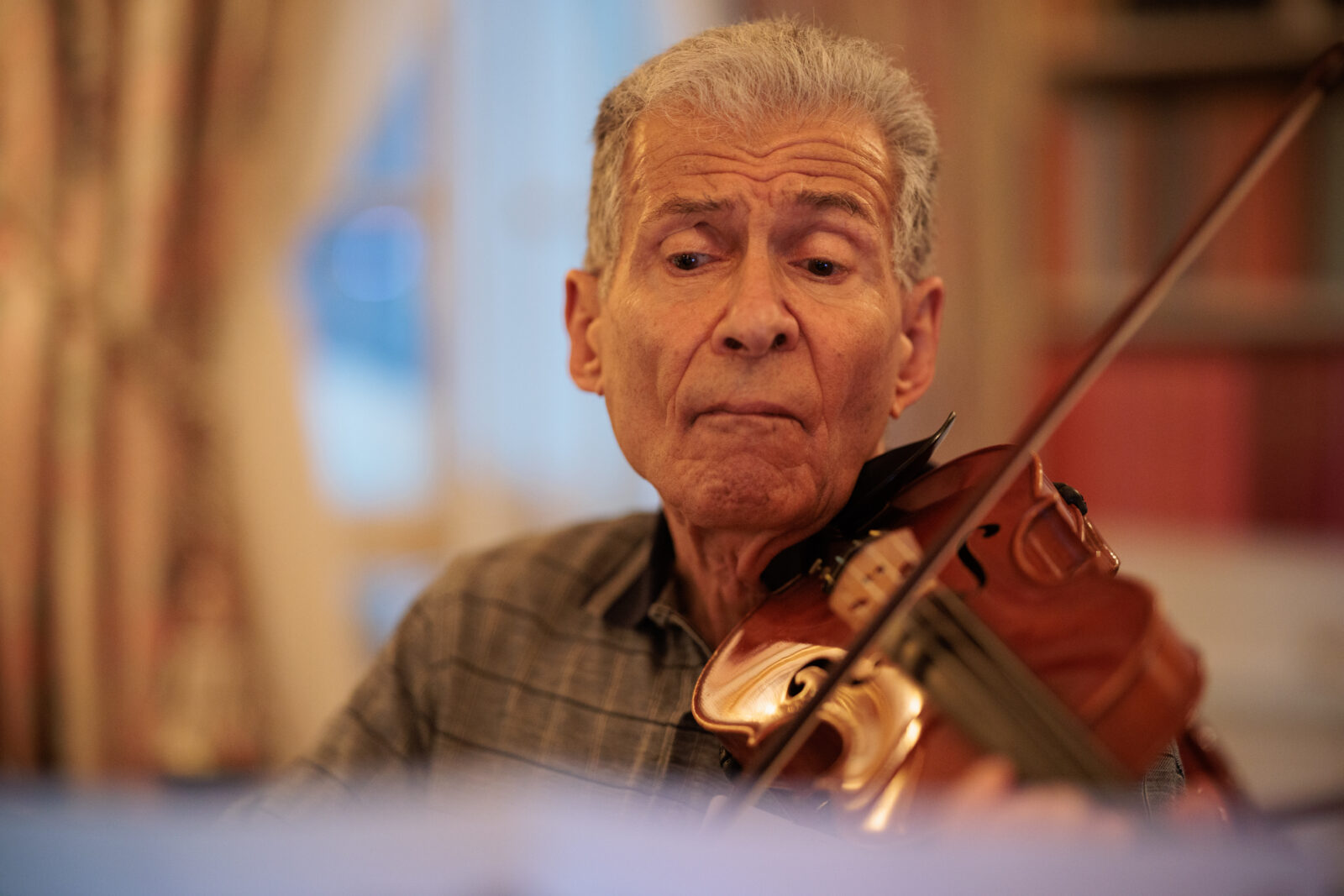
ACMP presents the 2025 Susan McIntosh Lloyd Award to the SoCal Chamber Music Workshop in memory of Ron Goldman
This past Fall ACMP gave its 2025 Susan McIntosh Lloyd Award for Excellence and Diversity in Chamber Music to the SoCal Chamber Music Workshop in honor and in memory of SoCal's founder and long-time ACMP board member Ron Goldman. Watch my interview with Julie Park and read Adam Birnbaum's touching tribute to Ron.Read More ↗
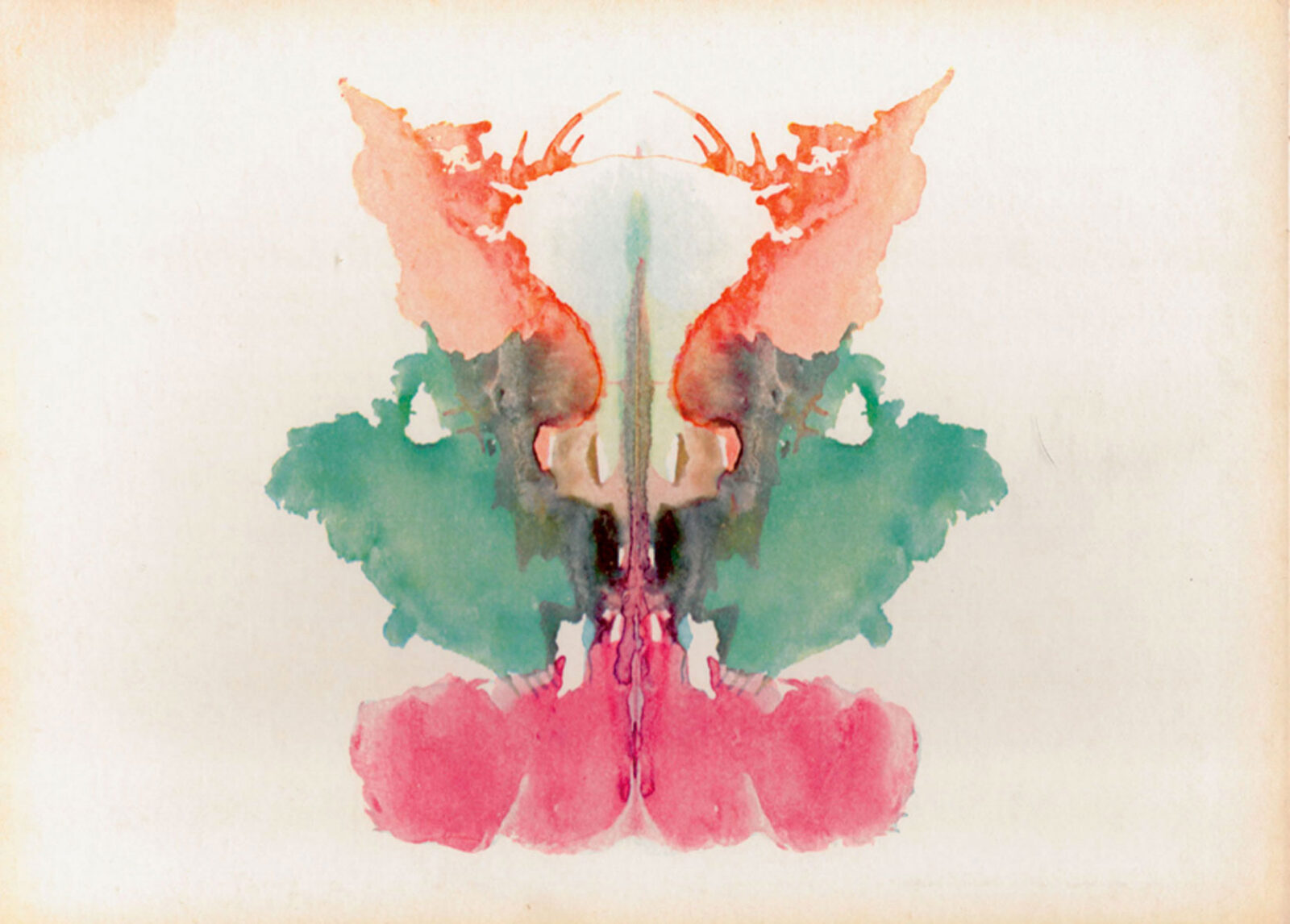
Turning ink blots into music – a discussion on the meaning and madness of notation
Join Cal Wiersma and a live string quartet for an illuminating class about decoding musical notation and translating it back into a musical line, live in Brooklyn and live-streamed on YouTube.Read More ↗
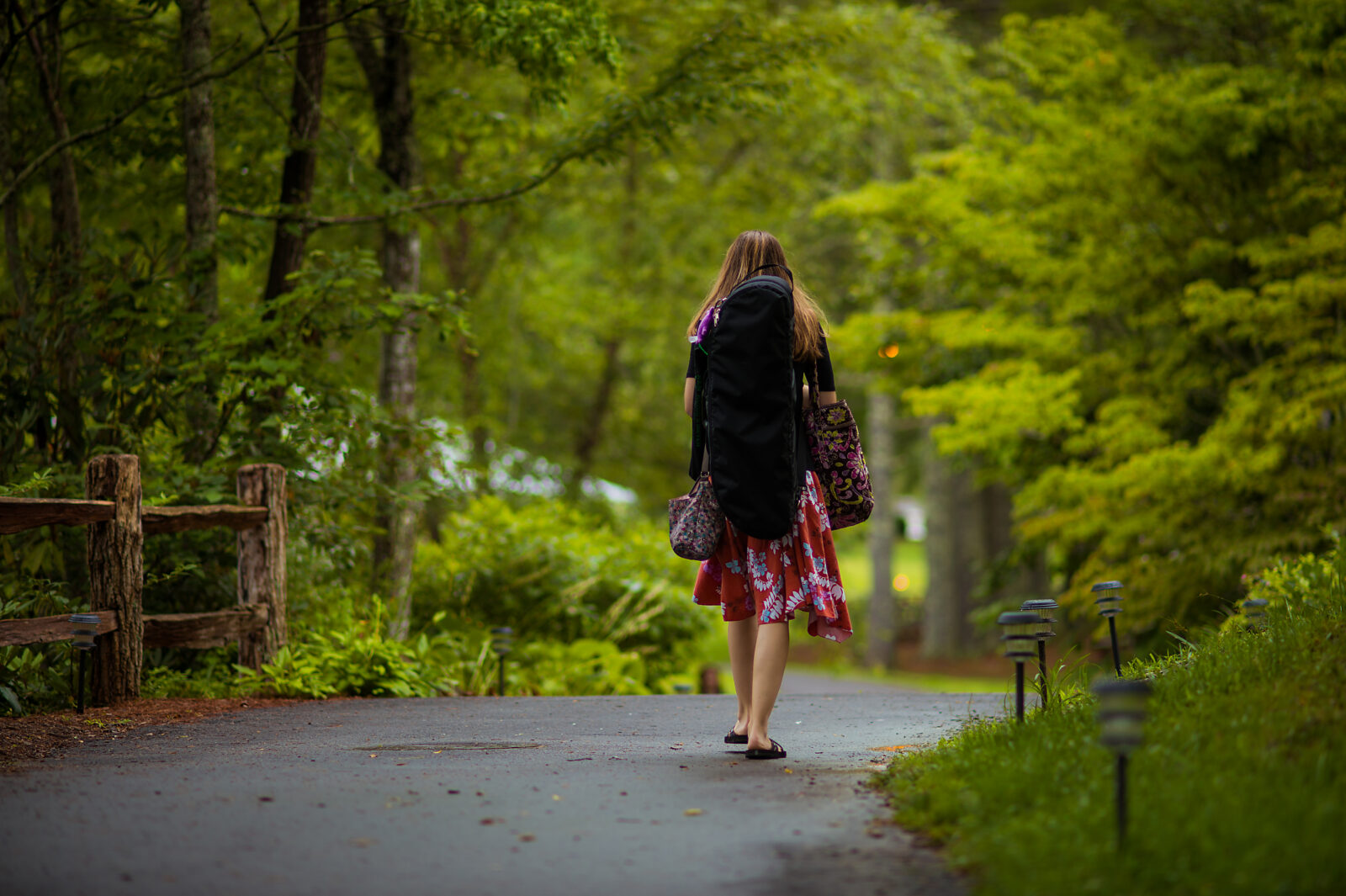
A New 5-Day Summer Home for Adult Chamber Musicians in Brevard
Brevard Music Center is launching the inaugural Adult Chamber Music Workshop, June 3-8, 2026, and we could not be more excited to welcome adult amateur musicians to our beautiful mountain campus in Western North Carolina. The program features focused rehearsal time, inspiring coaching, great colleagues at your stand, and the simple joy of spending time immersed in chamber music.Read More ↗
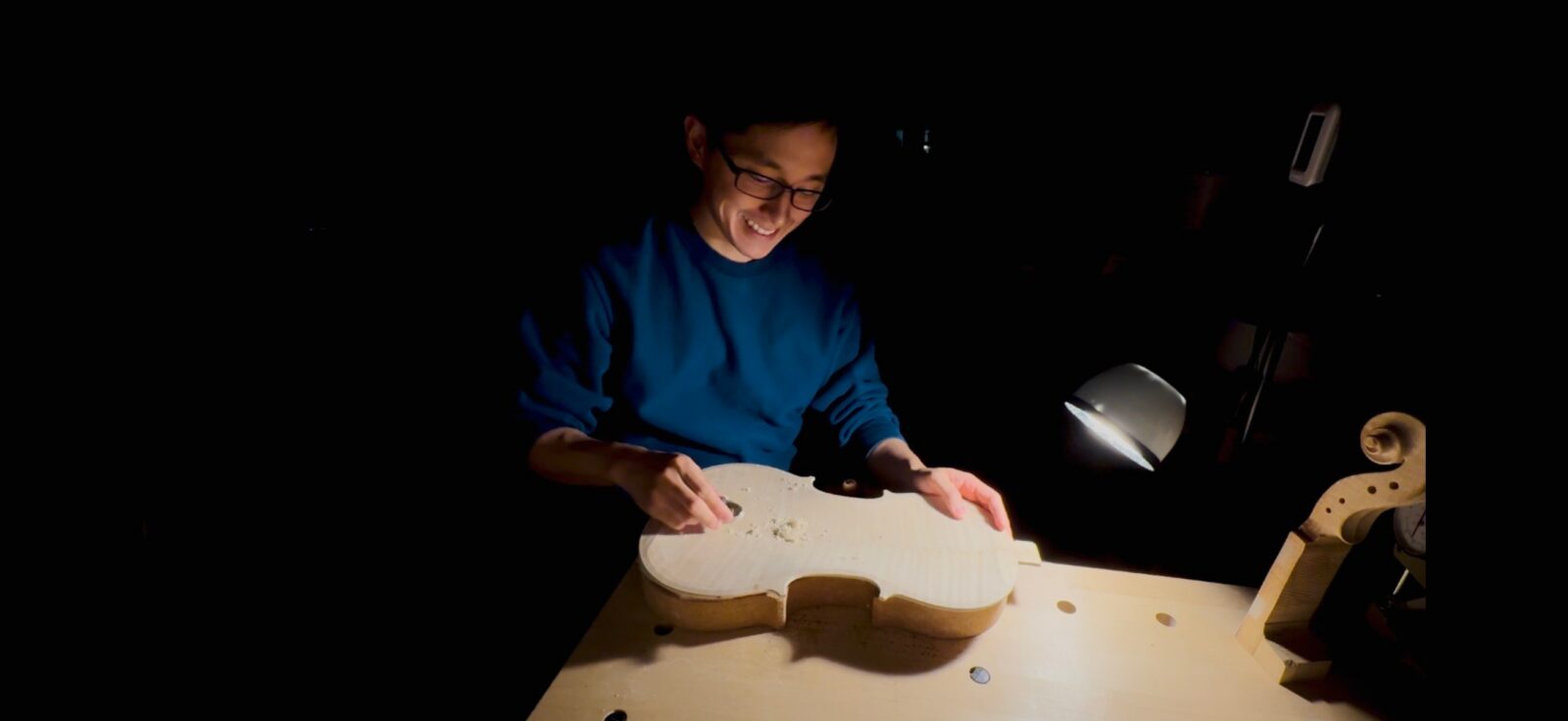
Charles Hsu – oncologist, violist, luthier
Charles Hsu has packed a lot into his 33 years. Born in the New Jersey, he grew up in Taiwan, moved back to the United States to attend MIT, and, after a stint as a management consultant, pursued his medical studies at Yale and Harvard. Today, he is Dr. Hsu, a junior attending medical oncologist at Memorial Sloan Kettering Cancer Center in New York. But through all of these pursuits, there is his love of chamber music.Read More ↗
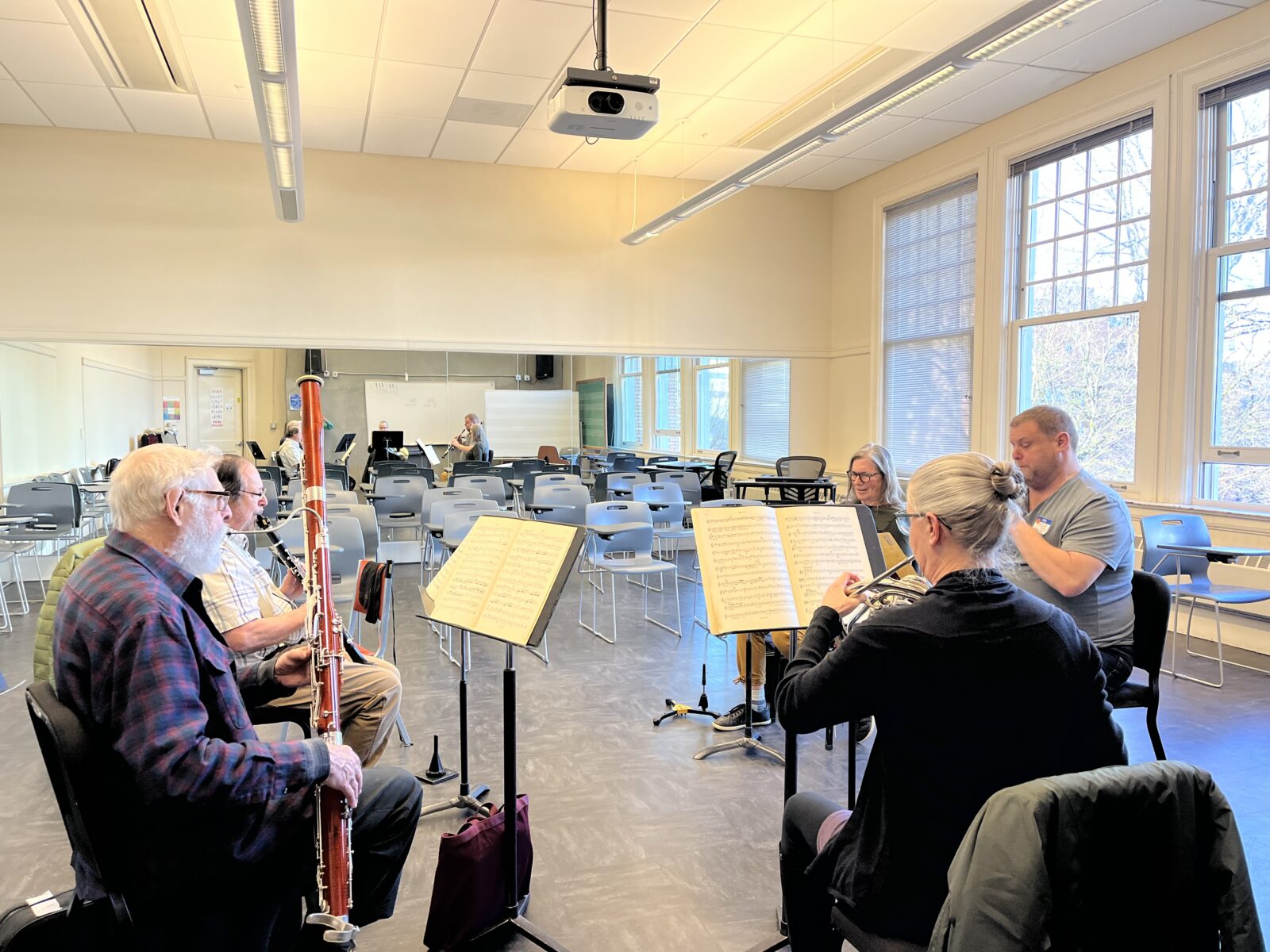
The Oregon-Washington ACMP Play-In
On January 17, 2026, 45 chamber musicians, ages 23-80, met at Portland State University's Music School Hall in Portland, Oregon for a Play-In organized by NAOC councilor Virginia Feldman.Read More ↗
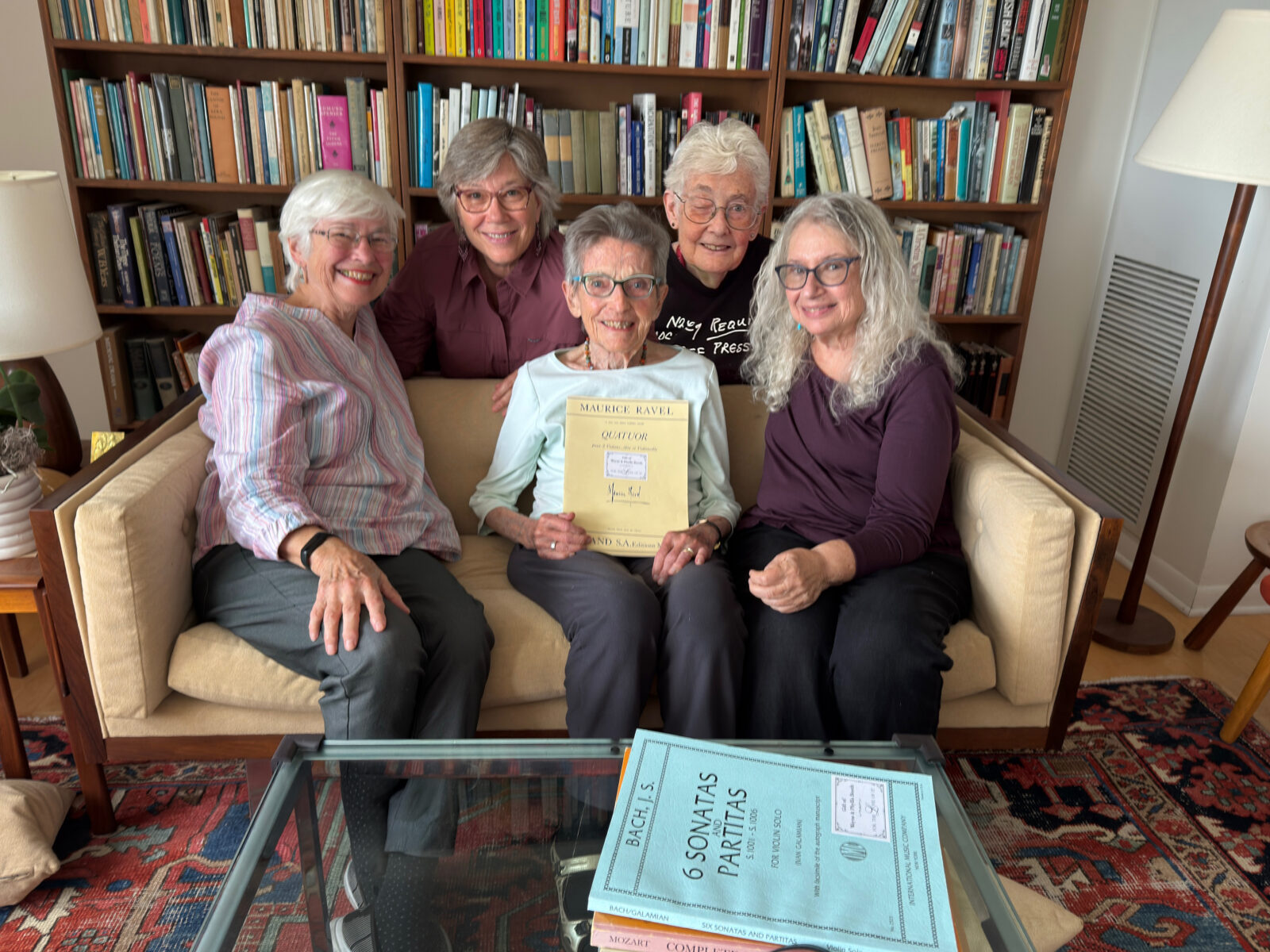
For the Love of It: A Legacy
What to do with all that music, when you finally, reluctantly, stop playing? At 99, Phyllis Booth decided to gift her collection to Golden Chamber Music at Sleepy Hollow, where she and her late husband Wayne Booth had a long, joyful connection since shortly after its founding in 1969.Read More ↗
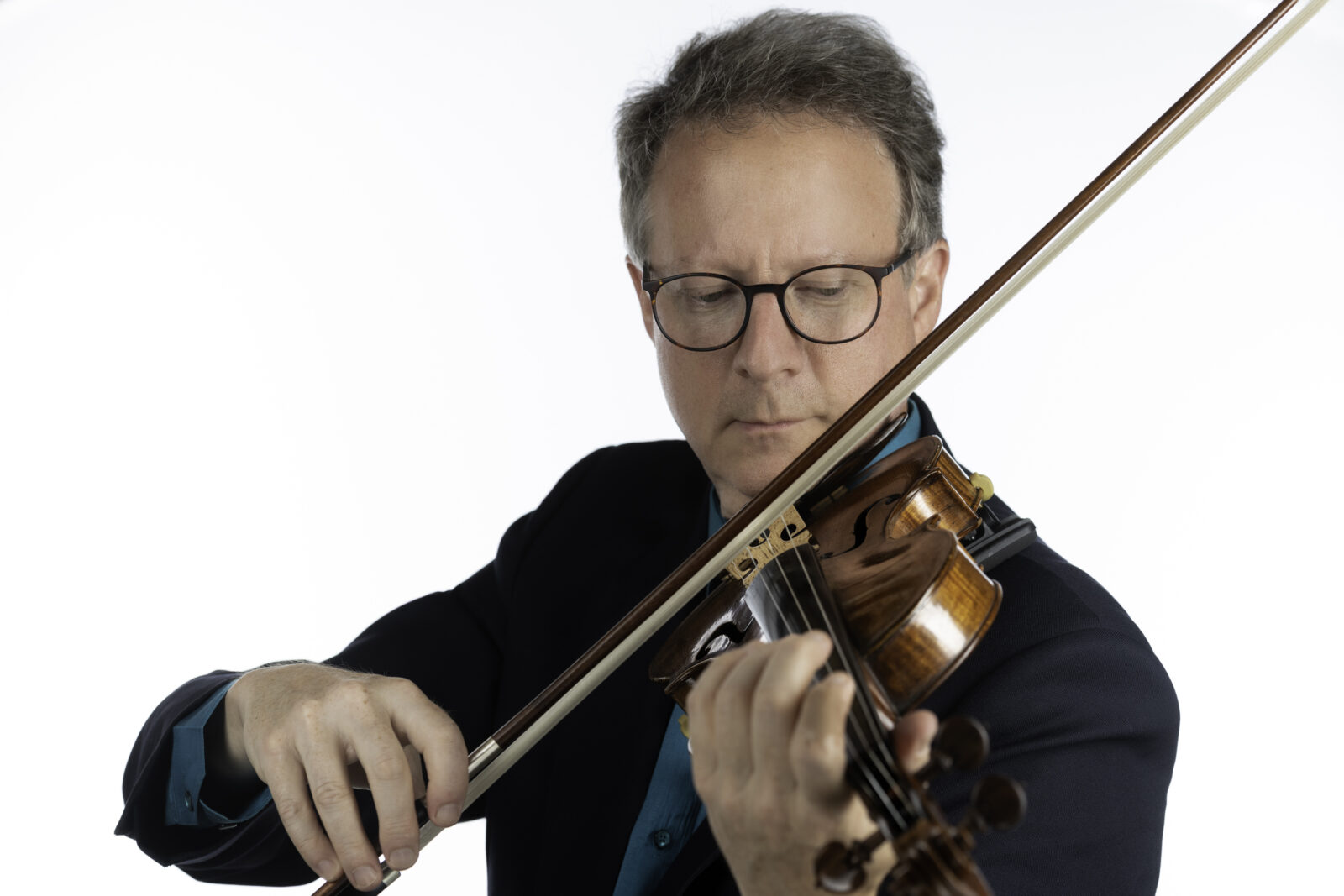
Everything you always wanted to know about bows but were afraid to ask
Join Gabriel Schaff - violinist, scholar and author of "The Essential Guide to Bows of the Violin Family" for an illuminating journey through the history of the bow to everyday tips (no pun intended) about caring for your bow, choosing a new one - and....everything you always wanted to know but were afraid to ask!Read More ↗
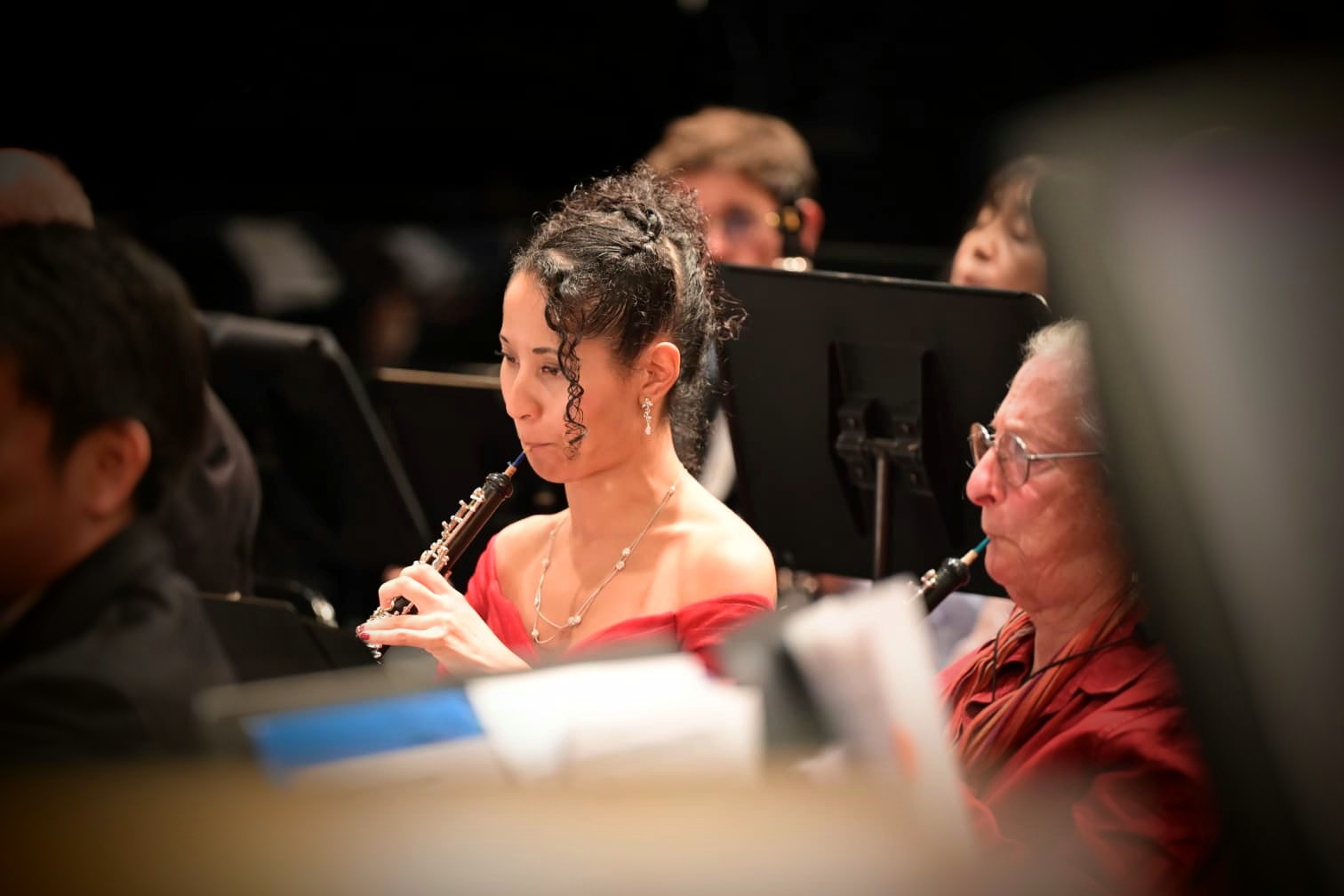
Kayana Jean-Philippe: The serious business of an amateur oboist
When it comes to the oboe, Kayana Jean-Philippe is what you might call a serious amateur – someone who pursues her passion at a high level, but does not make a living at it. One of her most consistent musical outlets has been the United Nations Symphony Orchestra, which she joined 10 years ago and is principal oboist. Another musical outlet is ACMP, which she said has connected her with new people and new musical opportunities.Read More ↗
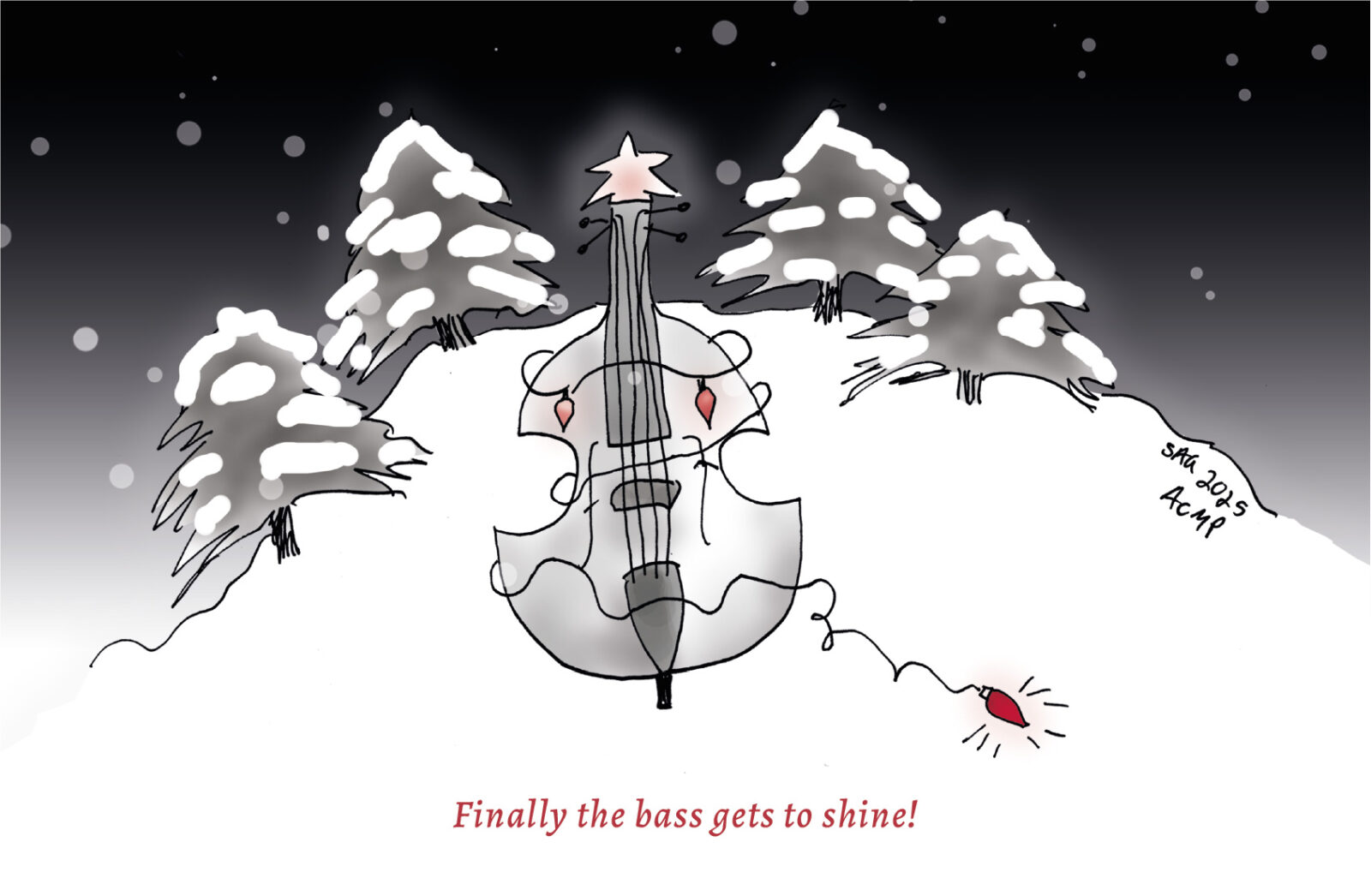
Announcing the 2025 Holiday Caption Contest Winners!
ACMP's 4th annual Holiday Caption Contest was a success, with 69 captions from 41 ACMP members. This year's winners are Valerie Matthews, Peggy Reynolds, and Matthew Greenbaum. Congratulations to everyone who came up with so many wonderful captions for this year's cartoon!Read More ↗
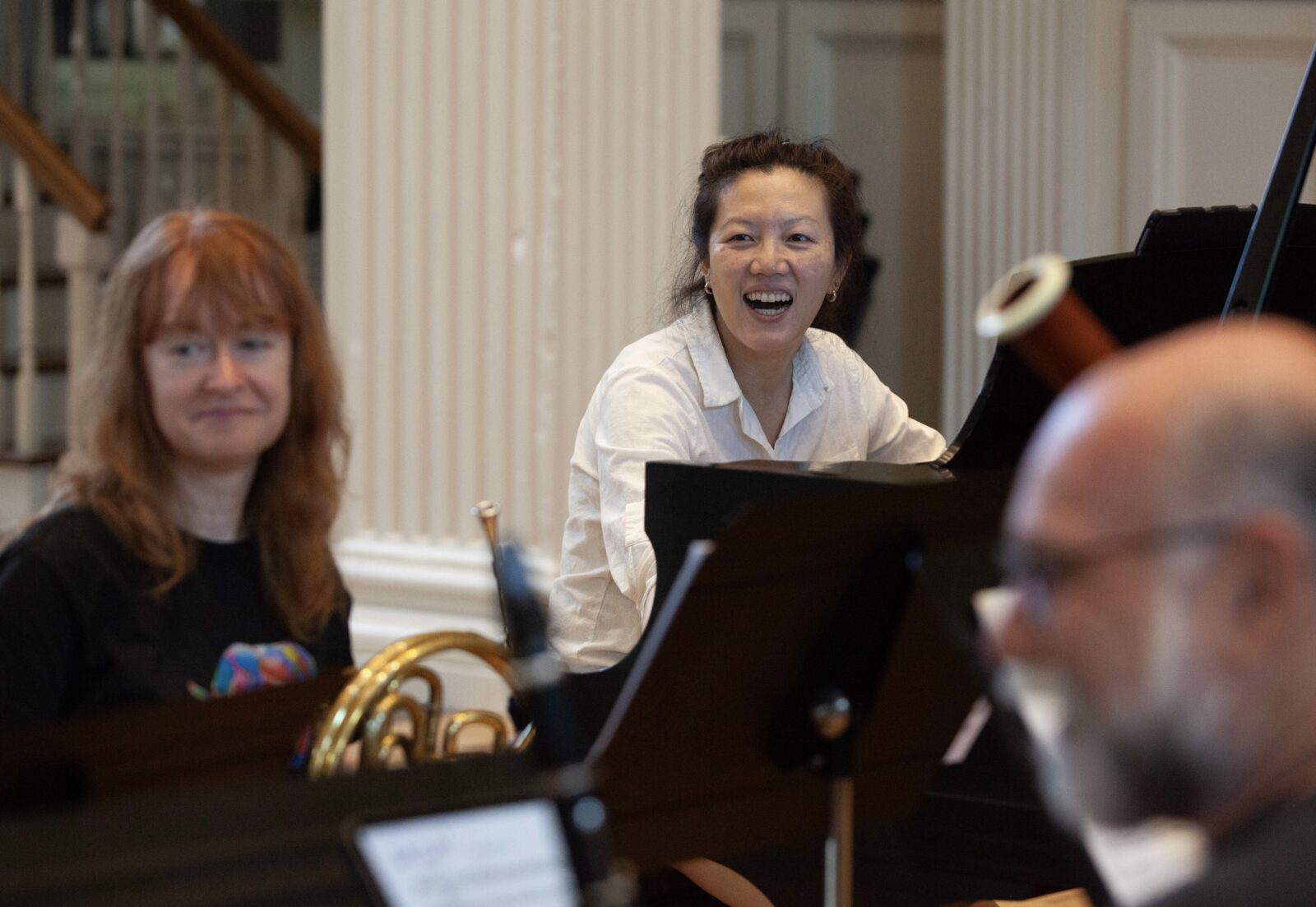
Announcing ACMP’s 2026 Workshop/Community Music Grantees
ACMP is proud to announce its 2026 Chamber Music Workshop and Community Music grantees. This year we awarded $168,000 in grants to 73 chamber music workshops and semester- or year-long programs in 10 countries, and 31 US states. (Photo by Claire Stefani.)Read More ↗

Mystery Donor Reveal: An interview with Louise K. Smith
An anonymous member of ACMP recently spearheaded a fundraising initiative for ACMP in the two week lead-up to Giving Tuesday, offering a $25 gift for each donation received from November 18, 2025 through Giving Tuesday (December 2.) This mystery donor just revealed her identity: Thank you, Louise K. Smith! I asked Louise some questions about her background as a pianist, involvement with ACMP over the years, and about her recent matching grant idea.Read More ↗
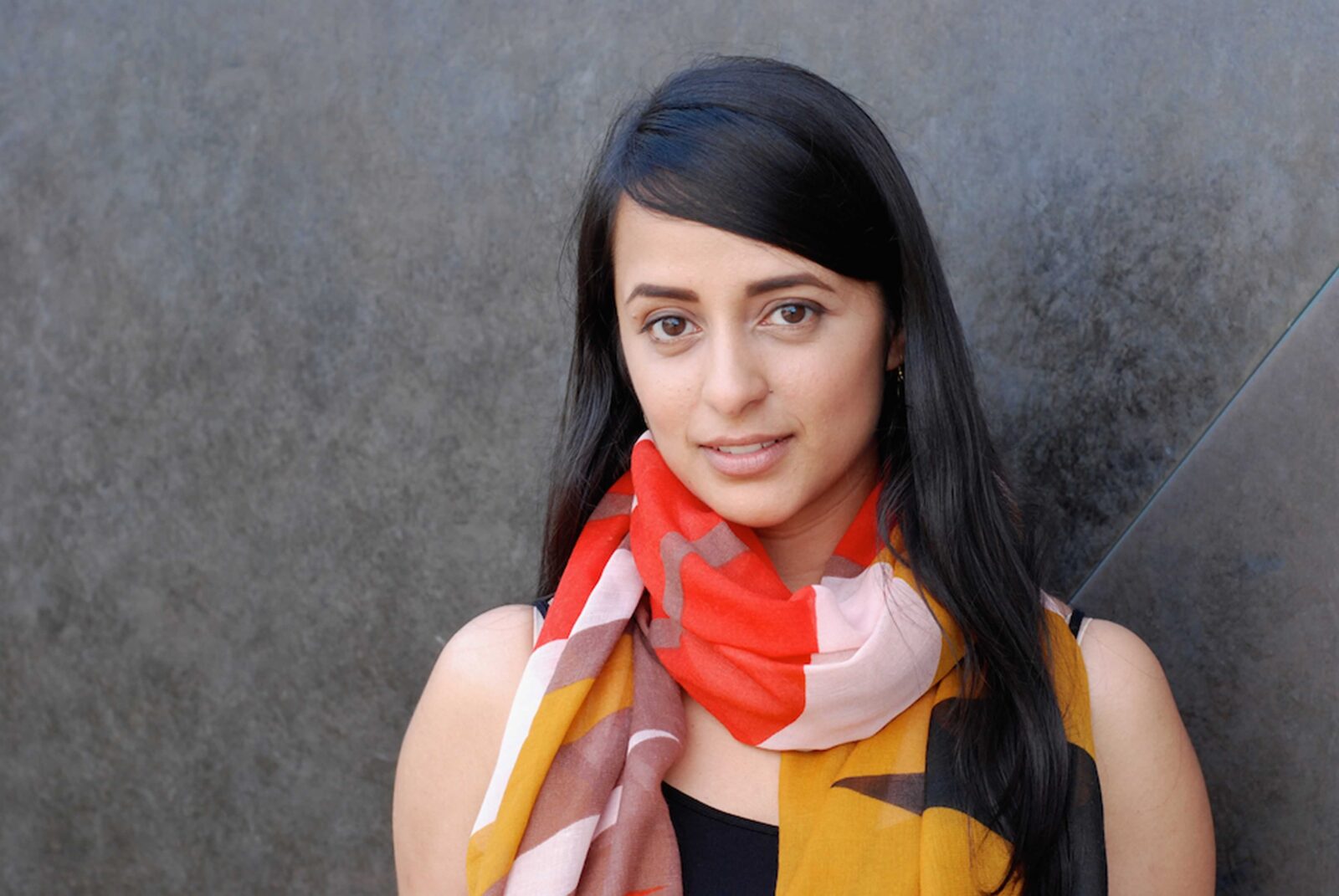
A Bridge from West to East – The Chamber Music of Reena Esmail
After a recent visit to her father's hometown in India, ACMP member pianist Sonya Subbayya Sutton returned to the United States with a renewed curiosity about her Indian culture and music. This led her to explore the music of Indian American composer Reena Esmail. Read about Reena's own voyage of discovery in Indian music and check out links to her scores and recordings.Read More ↗
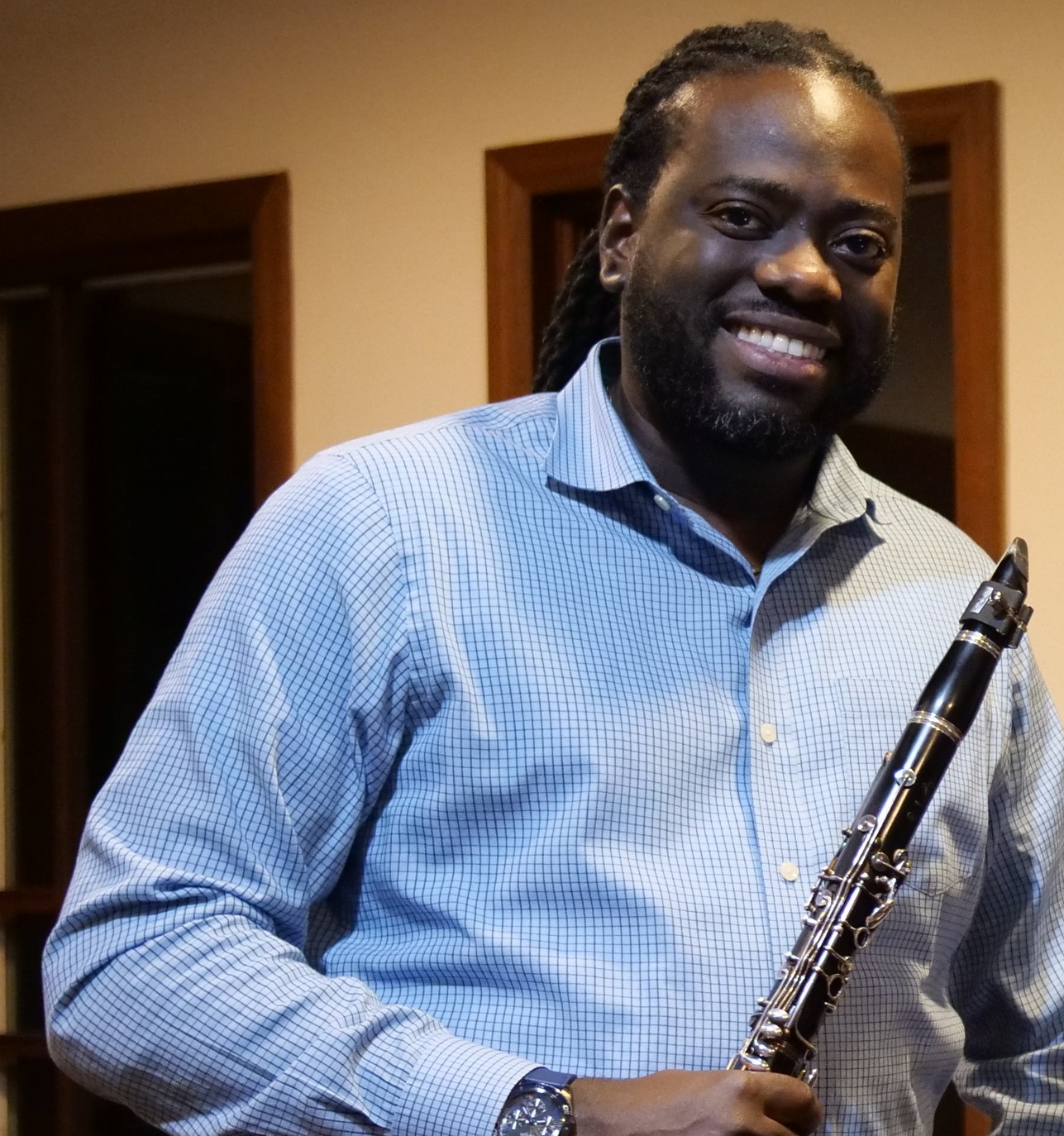
ACMP Member of the Month: Kwame Lewis
Kwame Lewis is not your typical accountant. Born and raised in Trinidad, he emigrated to the United States in 2003 at the age of 23 and set about building his career. Along the way, he lived in the Washington area for an extended period, got married, had two boys who are now 5 and 3 years old, and since 2019 has lived with his family in Melrose, Mass., near Boston. One constant through his journey, though, has been his love of the clarinet and chamber music.Read More ↗
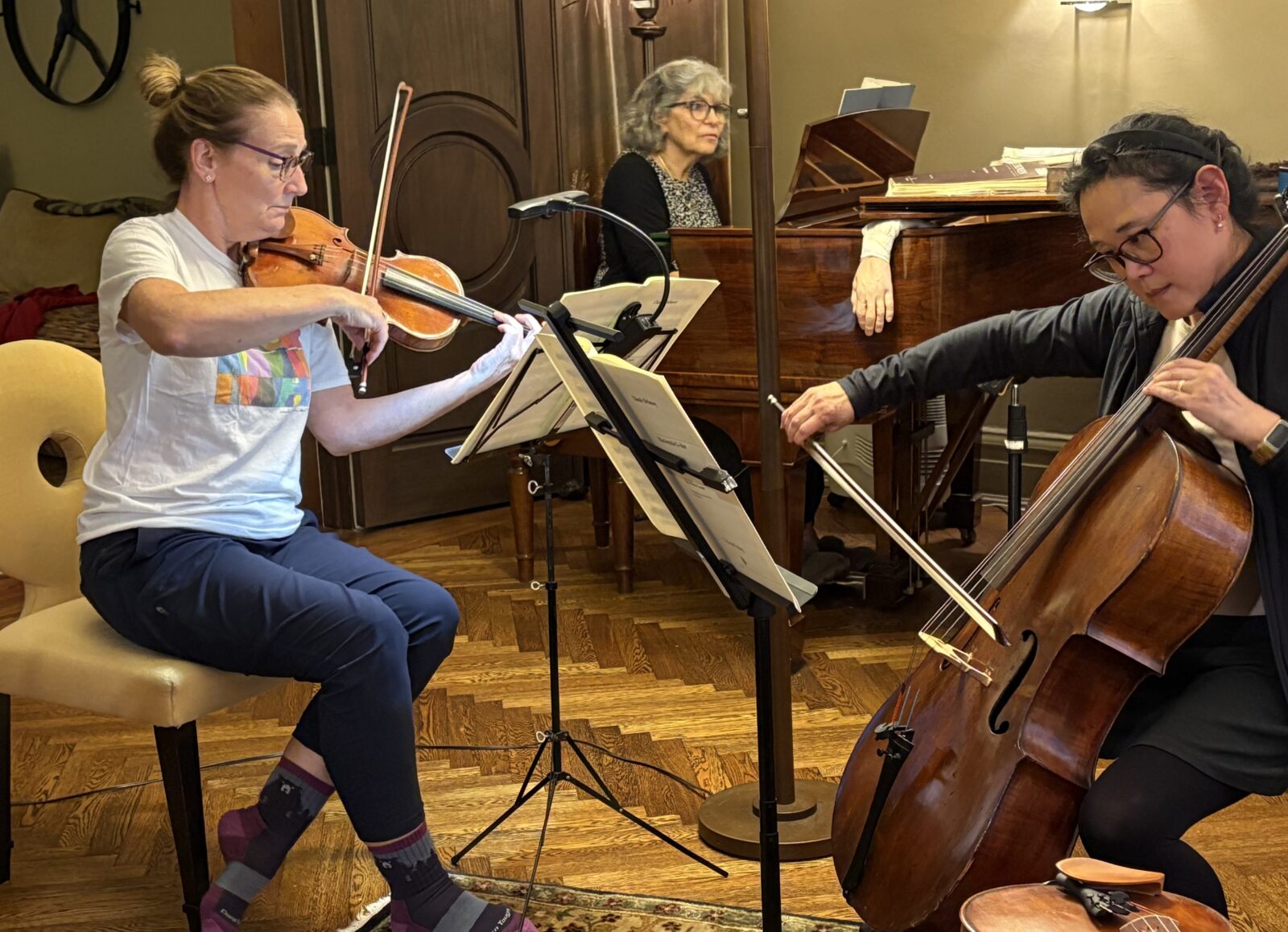
Chamber music for a cause: amateur musicians support Music for Food
ACMP member pianist and violist Arlene Hajinlian is as active a chamber music organizer as she is in sharing her time and space for social causes. This Thanksgiving holiday weekend she came up with a way for adult amateur chamber musicians to have a lot of fun while raising money to support New Yorkers in need: three consecutive chamber music parties as a benefit for Broadway Community through Music for Food.Read More ↗
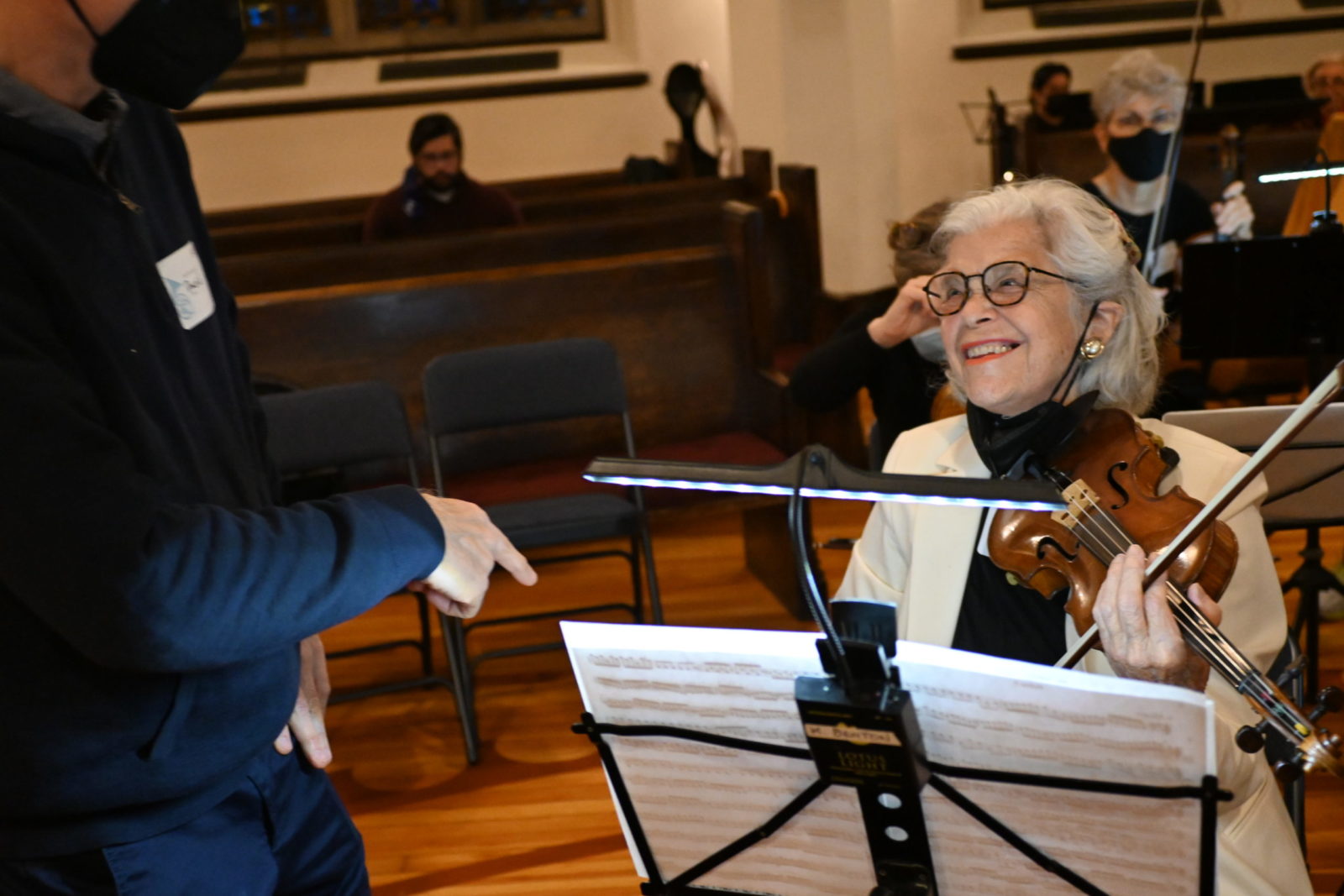
Remembering Kate “Kitty” Bigelow Benton (March 29, 1935 – November 2, 2025)
ACMP mourns the loss of Kitty Benton (1935-2025), a former board member, board secretary and longtime editor of the ACMP newsletter. Read about Kitty's life and watch a video of Kitty telling her favorite stories about ACMP in June 2021.Read More ↗
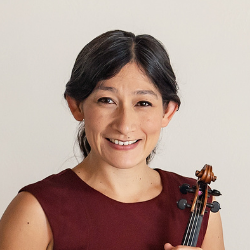
New Video – Meet The Artist: Harumi Rhodes
ACMP Executive Director Stephanie Griffin hosts a lively Zoom conversation with violinist Harumi Rhodes about her musical upbringing and career with the world-renowned Takács Quartet.Read More ↗
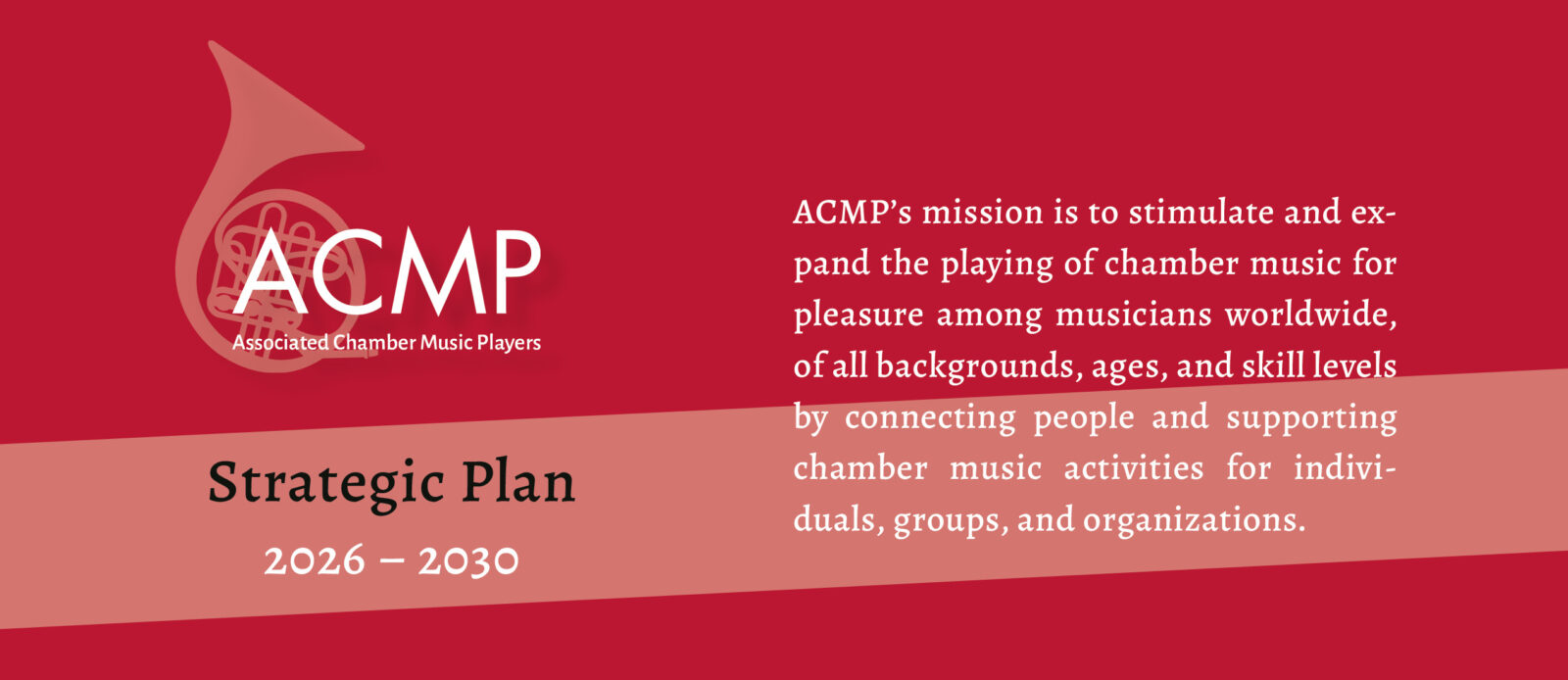
ACMP Strategic Plan for 2030
For the past several years, ACMP’s membership has grown dramatically, as has the popularity of its programs. Building on this momentum, ACMP’s Board and Executive Director completed a strategic plan to chart a course for the organization for the next five years. ACMP’s Board and Executive Director developed a new vision for the organization and a plan to strengthen member services, grants, operations, and finances to advance ACMP’s mission by 2030 and beyond.Read More ↗
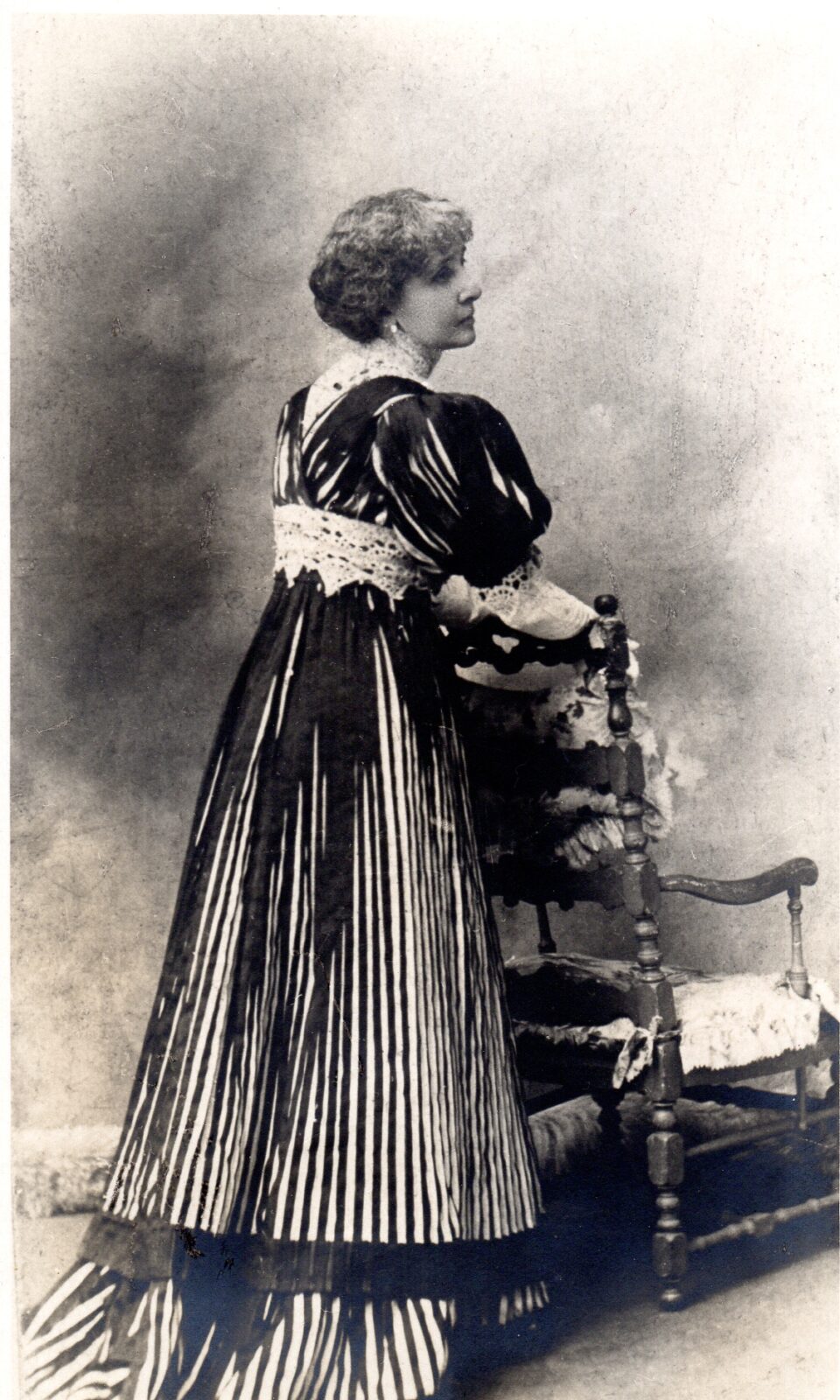
Drab, Inconspicuous, and Quiet No More
Washington, D.C.area pianist and choral conductor Sonya Subbayya Sutton is a passionate advocate of the work of women composers. Read about some of her favorite women composers and discover new chamber repertoire from her list.Read More ↗
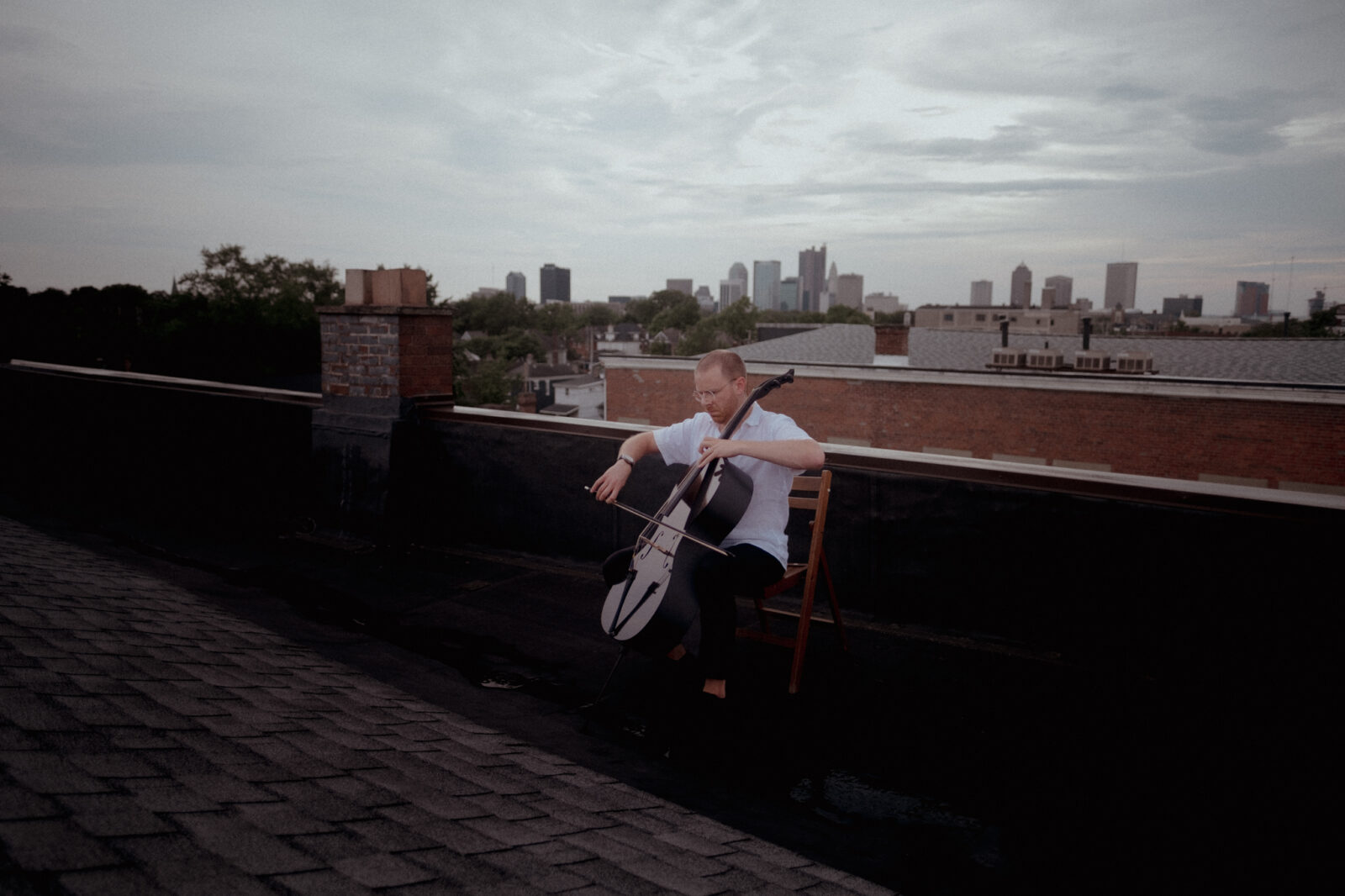
Andrew Brush: An amateur cellist with a global reach
After ACMP’s modest beginnings nearly 80 years ago, ACMP has grown to have a global membership, and perhaps nobody embodies this boundary crossing more than Andrew Brush. With his cello in tow, he splits his time between his home in Columbus, Ohio, and Buenos Aires, with visits to Europe and Istanbul, where his wife is from. Along the way, he has developed diverse musical interests, with influences ranging from Argentina to Mali. We caught up with Andrew recently after he had returned to Columbus, where he serves as a member of the ACMP North American Outreach Council.Read More ↗
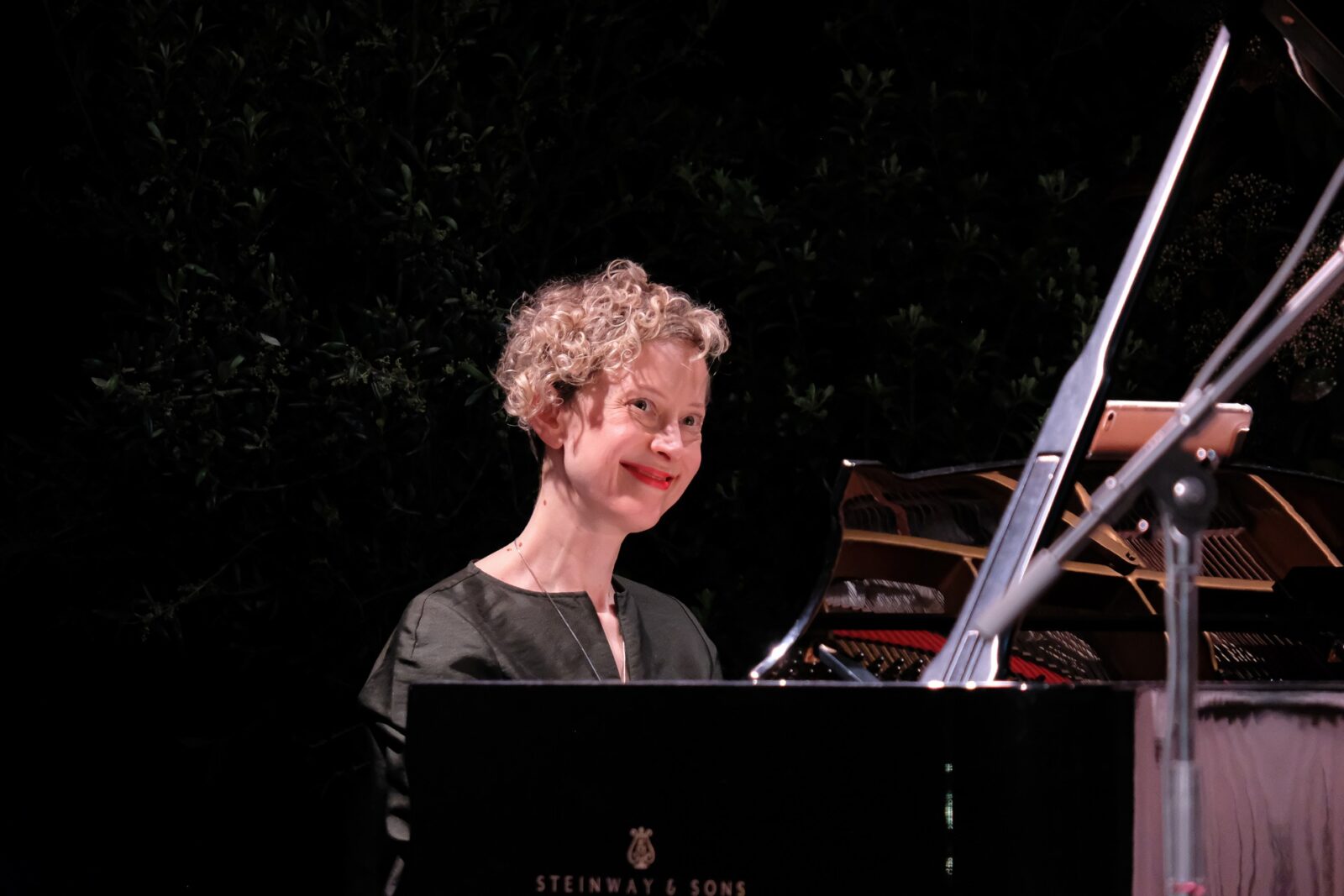
Befriending Performance Anxiety: simple tips for success
Performance anxiety is a universal experience, a survival mechanism that is hard-wired. Many of us react with shaky hands, lack of focus, shallow and fast breathing, rapid heart rate, and even feeling queasy. This is all perfectly natural - our protective sympathetic nervous system comes online to save us from danger, real or imaginary! Join Dr. Xenia Pestova Bennett for a free online webinar about managing performance anxiety on Thursday, October 30th at 6pm UK/Ireland time.Read More ↗